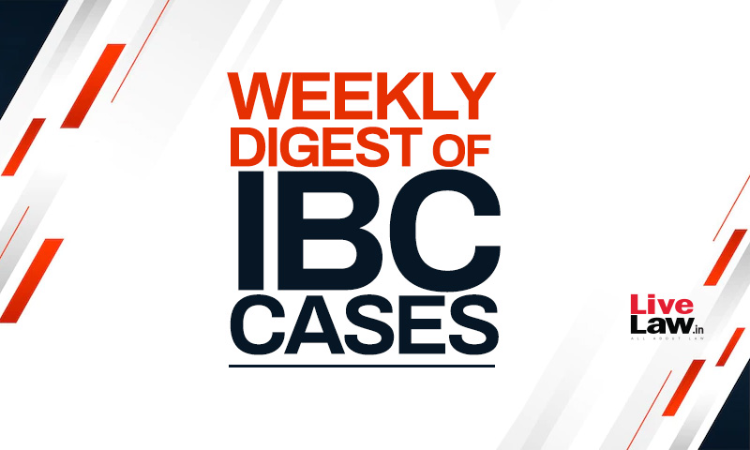Next Story
15 Nov 2022 9:15 AM IST
Supreme Court Can Provisional Attachment Under PMLA Be Passed After Initiation Of CIRP Under IBC? Supreme Court To Consider Case Title: Ashok Kumar Sarawagi v Enforcement Directorate & Anr. Case no.: Special Leave Petition (Civil) Diary No(S). 30092/2022 The Supreme Court Bench comprising of Chief Justice U.U. Lalit and Justice Bela M. Trivedi, has issued notice in...

